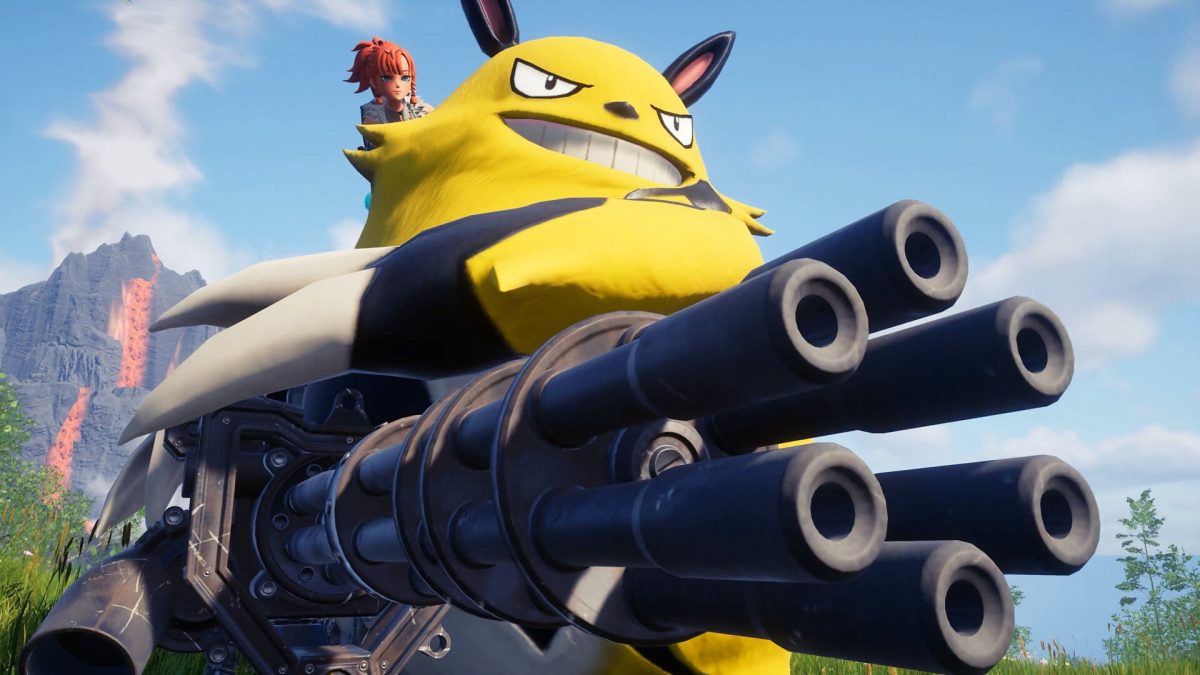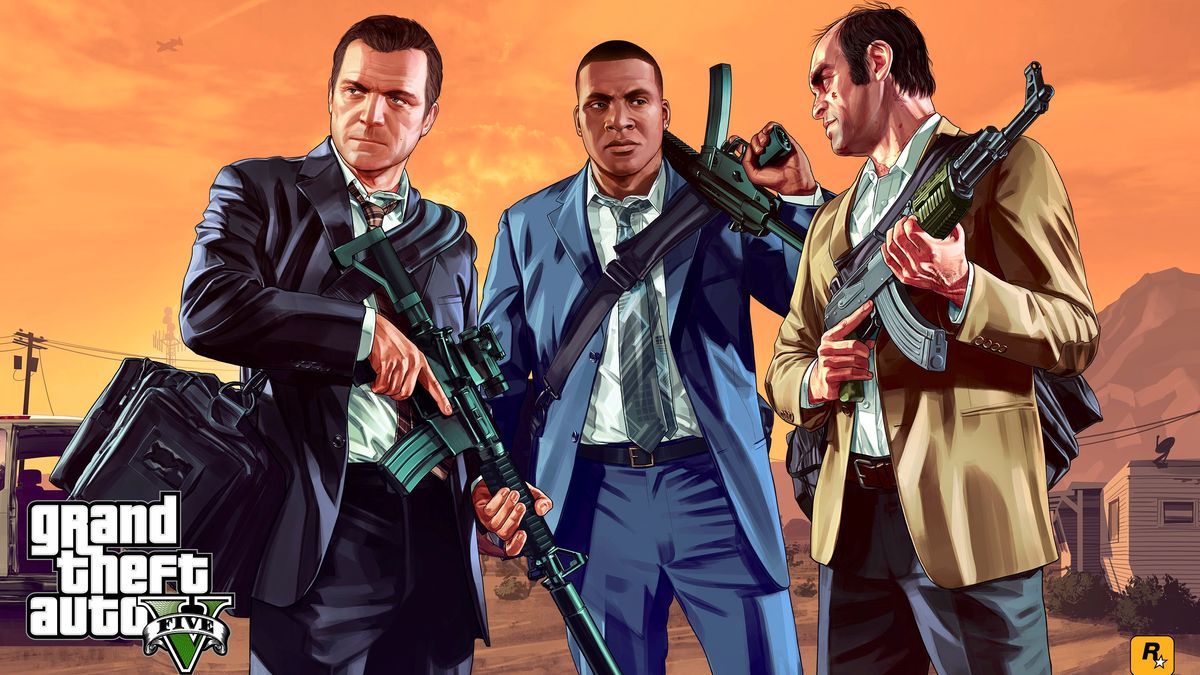Nintendo Stumbles in Lawsuit Against Palworld
Nintendo’s legal crusade against the viral hit Palworld has hit a snag. The Japanese gaming giant, alongside The Pokémon Company, is accusing Palworld developer Pocketpair of infringing on patented gameplay mechanics that they argue are too similar to those found in the long-running Pokémon franchise. But now, Nintendo’s case appears to be showing cracks.
At the heart of the dispute are several gameplay elements central to Palworld’s design — most notably the creature-catching system, the use of capsule-like devices to capture companions, and the ability to mount creatures and seamlessly transition between different movement states. Nintendo claims these mechanics are protected under Japanese patents.
However, in a recent twist, Nintendo was granted permission to alter one of its key patents during the ongoing court process. This specific patent involves the smooth transition between different creature mounts, such as switching from a ground-based companion to a flying one. While this amendment might sound like a tactical move, experts suggest it’s a sign of trouble. Adjusting patent language mid-lawsuit often indicates that the original wording wasn’t strong or specific enough to stand up under scrutiny.
The changes to the patent reportedly added vague and overly flexible language, making it harder to apply the claim directly to Palworld’s gameplay. Critics have pointed out that the mechanics in Palworld don’t even match Nintendo’s descriptions exactly. For example, Palworld’s mount transitions typically involve an extra step, distancing the feature further from the “one-step” method described in Nintendo’s patent.
Beyond Japan, Nintendo faces additional challenges. Attempts to secure similar patents in other regions, including the U.S., have been partially rejected or significantly narrowed. This weakens the overall strength of Nintendo’s legal foundation and raises questions about whether these gameplay features can—or should—be patented at all.
For Pocketpair, this development offers some breathing room. The company has remained relatively quiet but has made adjustments to the game’s mechanics to reduce potential legal risks. If the court rules in Pocketpair’s favor, it could set a powerful precedent for indie developers worldwide, reinforcing the idea that general gameplay systems can be shared and reimagined without fear of aggressive litigation.
The case is still ongoing, and the final verdict will likely have major implications—not just for the future of Palworld, but for how the industry handles the legal protection of game mechanics.



